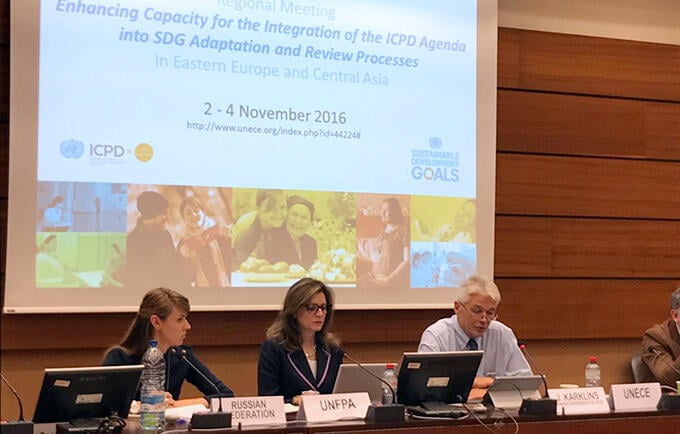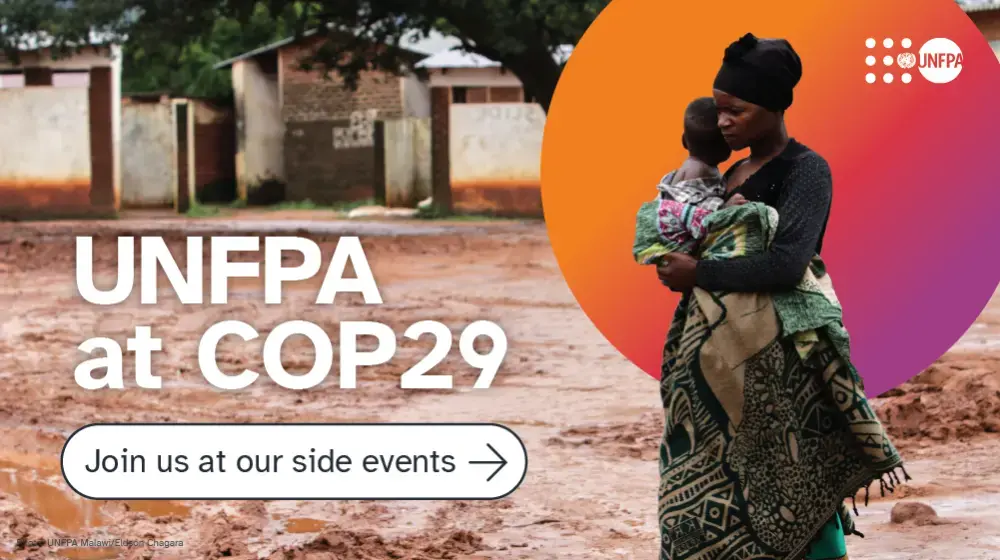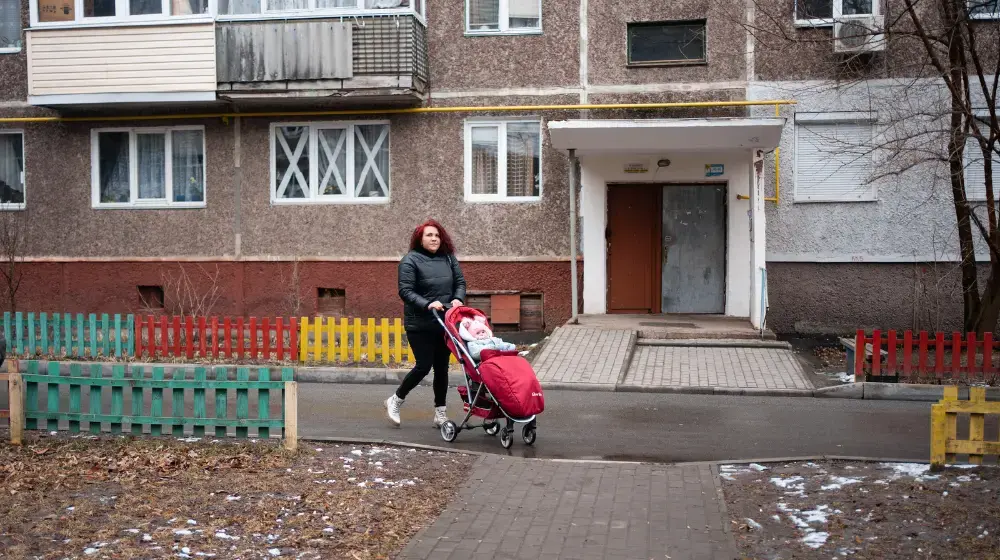GENEVA – Good data and strong partnerships are key to implementing the Sustainable Development Goals (SDGs) in Eastern Europe and Central Asia, and the 1994 ICPD Programme of Action can serve as a catalyst in achieving these goals, participants agreed at a recent regional meeting in Geneva organised by UNFPA and the UN Economic Commission for Europe (UNECE).
‘It is crucial that in implementing the 2030 Agenda at national and regional levels, we find ways to ensure the full integration of the ICPD,’ said Alanna Armitage, director of UNFPA’s Regional Office for Eastern Europe and Central Asia, referring to the forward-looking agenda adopted by the 1994 International Conference on Population and Development and reconfirmed by the countries of the region at the ICPD Beyond 2014 review conference in 2013.
‘During the consultation process on the Regional Forum on Sustainable Development, countries expressed their interest in a strong regional SDG follow-up and review mechanism. This is one avenue through which we can integrate key population priorities reflected in the ICPD, and ensure that these are addressed as we implement the 2030 Agenda regionally,’ said Christian Friis Bach, UNECE Executive Secretary.
The Regional Meeting on Enhancing Capacity for the Integration of the ICPD Agenda into SDG Adaptation and Review Processes in Eastern Europe and Central Asia, held on 2-4 November in Geneva, brought together representatives from governments, national and regional statistical institutions, civil society, youth organisations, and UN partners.
‘The framing of population issues within the ICPD provides a lens through which we can address development challenges in a manner that integrates the social, economic, and environmental pillars [of the SDGs], upholds human rights, and brings us closer to realising sustainable development and a world where no one is left behind,’ added Armitage.
The Geneva meeting provided an opportunity for countries in Eastern Europe and Central Asia to strengthen their understanding of the pivotal role that ICPD issues play in the overall SDG framework, and to strengthen national and regional capacities towards reporting on all relevant indicators. It also offered an opportunity for countries to revisit their processes for nationalisation of the SDGs, examining the priorities they have chosen, the population groups they focus on, whether their action is driven by needs, and their ability to measure the impact of their policies.
Despite progress, participants noted that many barriers and challenges remain to developing people’s full potential in the Eastern Europe and Central Asia region. These include high differences in mortality and morbidity between countries and between groups within countries; an incomplete agenda of gender equality and women’s economic empowerment, political leadership, and participation in decision-making; as well as large inequalities in access to sexual and reproductive health information and services.
A major focus of the meeting was the importance of accurate, disaggregated data in advancing sustainable development and the betterment of people – especially the most vulnerable and marginalised populations – across and within nations.
UNECE Executive Secretary Bach stressed in his closing remarks how making data available to citizens, and ensuring they have the right to participate in the decision-making that results from its findings, are also essential parts of achieving the 2030 Agenda.
‘The relevance of quality disaggregated data cannot be overstated. It empowers us with an objective means of tracking progress, identifying inequalities, and ensuring that those hidden, and most vulnerable among us, are not left behind,’ Armitage added. ‘In that vein, we need to strengthen the data-policy interface, and ensure that our sustainable development policies and programmes are informed by such data and evidence.’
Anna Troitskaya, of the Russian Federation’s Federal State Statistics Service, emphasised the importance of the meeting for sharing good practices from the region to speed up the implementation of the SDGs at the national level and strengthen the role of national statistical offices.
Several participants stressed the need to involve youth actors, communities, and civil-society organisations into the SDGs nationalisation processes and implementation and review mechanisms. Speaking on behalf of the International Planned Parenthood Federation – European Network, Bojan Javanovski also called for strong links with existing human-rights mechanisms as a way to inform the SDGs process and advance SDG implementation.
Going forward, UNECE and UNFPA will support follow-up review processes for both the 2030 Agenda and the ICPD Programme of Action, including a potential regional consultation in 2018 on the ICPD to assess progress and provide inputs and recommendations.
‘UNFPA is pleased to be a partner in this region’s sustainable development journey,’ Armitage said. ‘Europe and Central Asia’s ambition for transformation is high, and all partners have a role to play in supporting it to succeed, building upon and learning from the many development successes witnessed in the region.’





